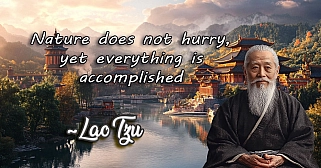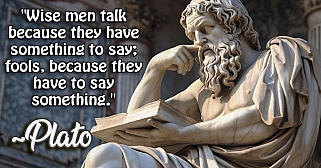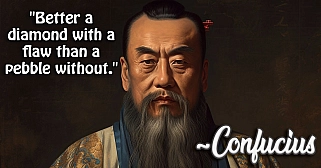Socrates: The Gadfly of Athens
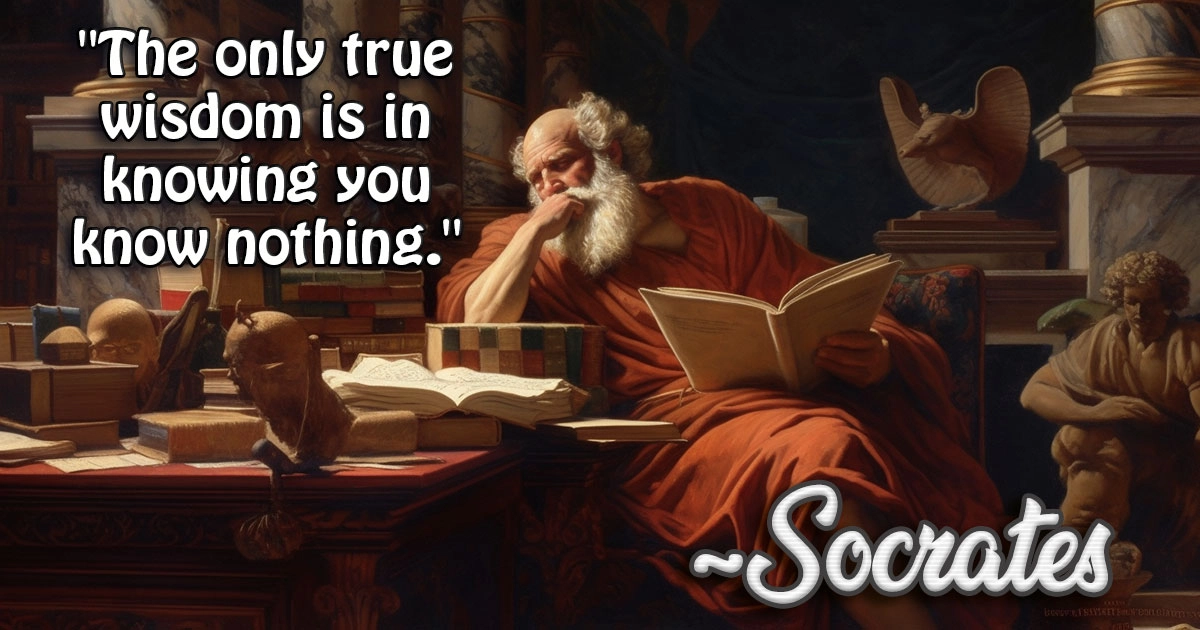
Socrates
In ancient Athens, nearly two and a half millennia ago, a man walked the streets questioning everything. His name was Socrates, and he would come to be known as one of the greatest philosophers of all time, not for writing great tomes or teaching in a grand academy, but for his unique way of thinking and questioning the world around him.
Socrates was born in 469 BCE, during a period of intellectual and cultural flourishing in Greece. He was the son of Sophroniscus, a stonemason, and Phaenarete, a midwife, and it is said that his humble beginnings had a profound impact on the way he lived and thought. Unlike the wealthy and aristocratic philosophers of his time, Socrates lived a simple life, refusing the luxuries that many in Athens aspired to. He wore the same plain robe regardless of the season, walked barefoot through the streets, and spent most of his time in public spaces, where he engaged with anyone who would listen—or more accurately, anyone who would argue.
Socrates did not leave behind any written works; everything we know about him comes from the accounts of others, most notably his students Plato and Xenophon, and from plays like Aristophanes' The Clouds, which depicted him humorously as an absent-minded intellectual. However, these secondhand accounts provide a vivid portrait of a man whose legacy shaped Western thought for millennia.
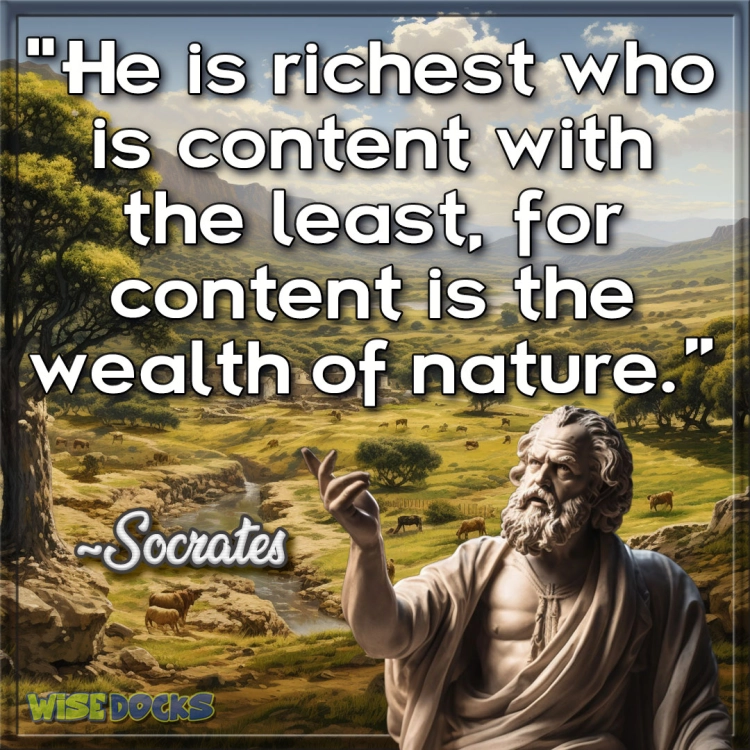
The Socratic Method: Question Everything
At the heart of Socrates' philosophy was a method of inquiry that we now call the "Socratic Method." This method was not about delivering answers but about asking questions—relentless, probing questions that exposed assumptions and tested the validity of beliefs. The goal was to peel away falsehoods to reveal a deeper understanding of truth. Socrates believed that wisdom came not from knowing all the answers but from recognizing one's own ignorance.
He would approach Athenians in the marketplace or public gatherings and ask simple yet profound questions, such as "What is justice?" or "What is virtue?" His interlocutors, often confident in their initial responses, would soon find themselves entangled in contradictions, as Socrates demonstrated the flaws and inconsistencies in their reasoning. This process, known as elenchus, or cross-examination, forced individuals to confront the limits of their knowledge.
Socrates believed that this was the path to wisdom—to know that one knows nothing. This concept of intellectual humility was at the core of his philosophy. He didn’t claim to have answers, and he saw himself not as a teacher but as a midwife of ideas, helping others to bring forth their own understanding.
The Gadfly of Athens
Socrates' constant questioning did not endear him to everyone. Many found him to be an irritating figure—a gadfly, as he was later described. Just as a gadfly irritates a horse into action, Socrates sought to "sting" the Athenian state out of complacency and force it to confront its moral and intellectual deficiencies.
Socrates often engaged with the prominent figures of Athens—politicians, poets, and craftsmen—and exposed their ignorance. His challenges to authority and his refusal to conform to conventional wisdom made him enemies among the elite. Yet, he also attracted a circle of devoted followers, including the young and impressionable aristocrat Plato, who would later record Socrates' dialogues and immortalize his teachings.
Socrates’ sharp wit and questioning nature were not without controversy. The democratic society of Athens, already fractured by war and political instability, viewed his constant criticism as a threat. His followers, particularly the youth who admired him, began to question the established norms and values of the city, and some blamed Socrates for corrupting them.
The Trial of Socrates
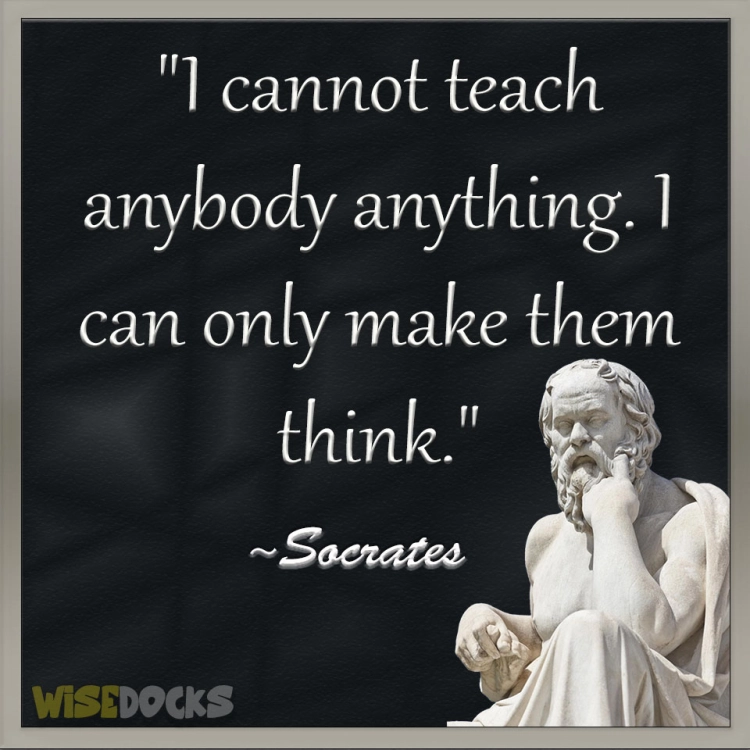
In 399 BCE, the tensions between Socrates and the Athenian establishment reached a breaking point. He was brought to trial on charges of impiety and corrupting the youth of Athens. The official indictment accused him of "refusing to acknowledge the gods recognized by the state and introducing new divinities" and of "corrupting the young." In reality, many believed that his true crime was challenging the status quo and exposing the ignorance of those in power.
The trial of Socrates is one of the most famous episodes in Western philosophy, thanks to Plato's Apology, which recounts Socrates' defense speech. Far from offering an apology in the modern sense of the word, Socrates' defense was unapologetic. He stood by his actions and philosophy, arguing that his role as a gadfly was essential to the health of the city. He claimed that by questioning and examining life, he was fulfilling a divine mission to guide the people of Athens toward greater wisdom.
Socrates addressed the jury of 501 citizens, explaining that he had never intentionally corrupted the youth. He argued that if he had done so unintentionally, he should be instructed and corrected, not punished. As for the charge of impiety, he defended himself by stating that he believed in divine forces, which he interpreted in his own way. Rather than attempting to sway the jury with emotional appeals or flattery, Socrates remained committed to his principles of truth and logic.
He famously declared, "The unexamined life is not worth living." To Socrates, it was better to die than to abandon the pursuit of truth. He saw himself as a servant of the city and believed that his philosophical questioning was in the best interest of society.
The Death Sentence
Despite his eloquent defense, the jury found Socrates guilty. When asked what his punishment should be, Socrates, in a display of characteristic irony, suggested that he should be rewarded for his service to Athens by being given free meals for life. The jury, unimpressed, sentenced him to death by drinking a cup of hemlock, a poison.
His friends and followers urged him to flee the city and escape his fate, but Socrates refused. He believed that to escape would be to betray his principles. He had always taught respect for the laws of the state, and he felt that even though the state had wronged him, it would be hypocritical to evade the law when it no longer suited him. Socrates accepted his death with the same calm and reasoned approach with which he had lived his life.
In Plato's Phaedo, a dialogue that recounts the final moments of Socrates' life, we see the philosopher surrounded by his friends and disciples. They wept and lamented, but Socrates remained composed. He engaged in a final philosophical discussion on the nature of the soul, expressing his belief in the immortality of the soul and the afterlife. With remarkable serenity, he drank the hemlock, and as the poison coursed through his veins, his body grew cold. His friends wept, but Socrates, in his final words, reassured them: "Crito, we owe a cock to Asclepius. Pay it and do not forget."
The reference to Asclepius, the god of healing, was a final, ironic nod to his belief that death was a release from the body, a kind of healing. Socrates died with the same spirit of inquiry and conviction that had defined his life.
Legacy of Socrates
Though Socrates left no written works, his influence has been immense. His student Plato carried on his legacy, writing dialogues in which Socrates was the central figure. Plato’s Republic, Symposium, and Phaedo are just a few examples of works that explore Socratic philosophy. Through Plato, Socrates' ideas spread throughout the ancient world and eventually became the foundation for much of Western philosophy.
Socrates’ emphasis on questioning, critical thinking, and the pursuit of truth has inspired countless generations of thinkers, from the Stoics of ancient Rome to modern-day philosophers. His method of dialogue remains a cornerstone of education, law, and ethics. In many ways, Socrates’ greatest contribution was not in offering answers but in teaching humanity how to ask better questions.
Even today, Socrates remains a symbol of the philosopher as a questioner of conventional wisdom and an advocate for intellectual humility. His life, trial, and death serve as a reminder of the importance of challenging authority and thinking for oneself, no matter the cost. In a world often quick to offer answers, Socrates reminds us that the deepest truths are those we uncover through dialogue, reflection, and a willingness to acknowledge our own ignorance.
